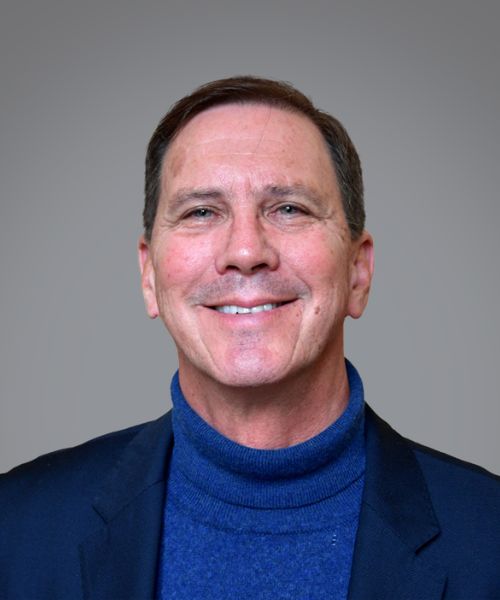I attended a Jesuit university, the University of Scranton, and among other memories was a cold January/February winter session where I took a single course on the thinking and writing of Aristotle. With regards to self-development, Aristotle put an emphasis on upbringing, maintaining that the first step in becoming an excellent person is having a proper upbringing in moral conduct and human virtue. Secondly, Aristotle states that growth in a person is related to understanding where your true nature lies—what do you do that makes you happy? Finally, Aristotle argued that one cannot discover one’s true and best nature without putting it into relation to his or her community— thus, while someone can know who they are and what their nature is, their “proper role” can only be determined in relation to their community. Armed with a solid faith upbringing and Aristotle’s philosophy on work and community, I decided I would seek my nature and test my role in society by joining the life of the people of Niger in West Africa.
The decision as a young adult, freshly graduated from college, to join the Peace Corps and go to Africa for two years was much different than anything I had ever done. Two years, with no return home, had to be weighed against other possibilities and most painfully meant two years away from the dinner table with family—and contact with a host of friends.
Niger was hot, desert-like, and challenging. The Muslim faith was different—I tried the 40-day fast. The language was different—I learned French and Hausa. But the people seemed just like everyone else I had met in New York and Pennsylvania growing up. Kids anxious to learn, adults hard at work, mothers concerned for their children, police intent on keeping the rule of law, armies prepared to fight wars but also helping in times of drought and disaster. What became very clear and imbedded in my nature during my first year in Niger was the simple reality that per the Catechism of the Catholic Church: “Created in the image of the one God and equally endowed with rational souls, all men have the same nature and the same origin.” What a blessing to learn this truth and experience it in daily life in another country, on another continent, at a relatively young age.
The second learning of significance, as important, was that we are a people filled with hope, necessarily living in hope. What people did not have in Niger, which still remains one of poorest countries in the world, was remarkable. What was available in abundance was hope and, I am happy to report, humor. I will never forget the lesson of hope I learned when a few of my Nigerien friends asked Omarou, a young professional, why do you purchase a lamp when you do not have electricity? Omarou’s response: “Ah, but I hope to someday have electricity!”
Upon return to the United States, and after a couple of years working on a new program called Hospice, I decided to get an advanced degree in public health with a view towards going back overseas as a relief and development worker. I was grateful to be hired by Catholic Relief Services and spent the next six years in Africa managing programs such as maternal and child health, food assistance to desperate refugees in stark camps, nutrition programs in elementary schools with a view towards getting more girls educated, school gardening projects, drought-induced emergency food and water delivery programs, well digging, jojoba plant introduction, etc. The array of responses to perceived need in Africa were many, and people like me, often dependent on what type of funds were available, trudged forward, trying to be helpful, not often seeing progress. What I did always sense was the willingness for families and communities to try new ideas and new technologies—they always lived in hope of a better life for their children.
My six years living and working as a Catholic among Muslim communities and a subsequent four years living and working in India among primarily Hindus developed my sense of a universal belief in God, a fundamental understanding among us humans that we were not without hope for a better future, that we were obliged by faith to improve our lot. My discovered vocation (or “proper role” according to Aristotle) was to go out and work in other countries with people of different cultures, share our faith and dreams, merge our strengths, seek a better way for our children. The Catholic teachings of solidarity, subsidiarity, preferential option for the poor, and the dignity of all persons were always enormously helpful in interacting with others, and the faith and moral teachings introduced by my parents and others were strong ropes to hold on to.
However, the strength and courage of the Africans and Indians I experienced, the love of a mother for her child I witnessed, the duty expressed by fathers to work and care for the family, the learned understanding in the value of community—all things I learned from others—is what has kept me positive, hopeful, energized, and still trying to make small contributions to our big, beautiful human family.

